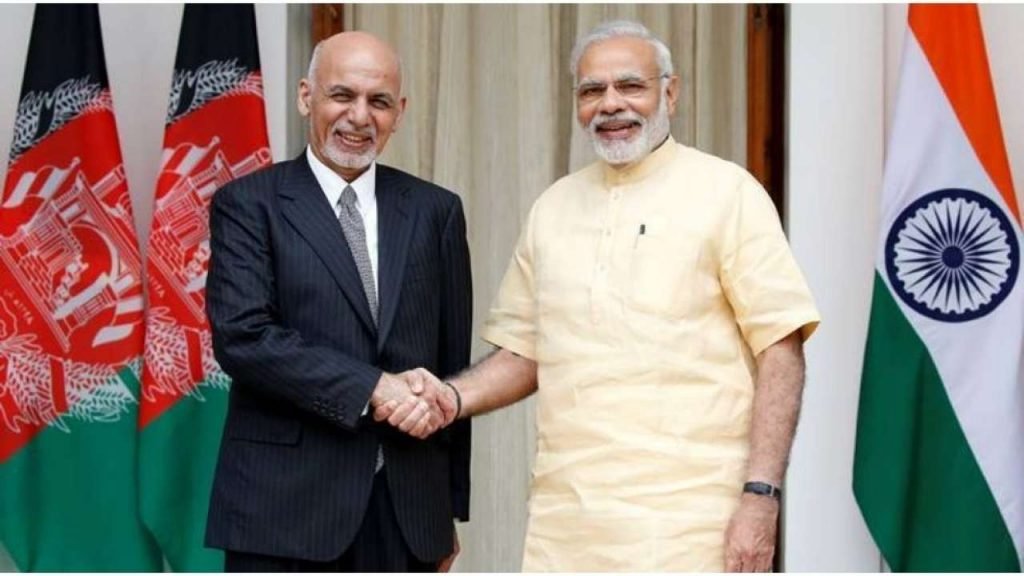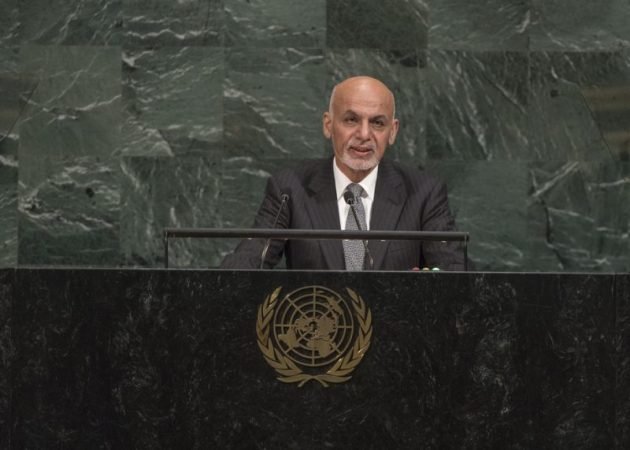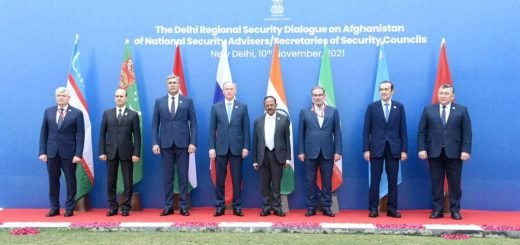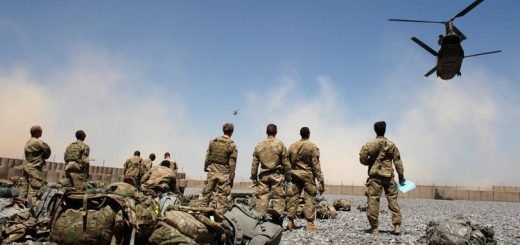Afghan Peace under Biden Administration and The Strengthening US-India ties

On 29th February 2020, the United States of America negotiated the historic Peace Deal with the Taliban under the Trump Administration, since then India has been closely following the Doha Peace Talks and evolving political developments in Afghanistan. The Afghanistan issue is very much expected to be discussed in the upcoming Quad Summit. And recently on 7th March 2020, External Affairs Minister S. Jaishankar received a call from U.S. Special Representative for Afghanistan Reconciliation Zalmay Khalilzad to discuss the latest developments about peace talks amid the uncertainty around the Afghanistan strategy under the Biden administration. India’s response is positive towards the recent discussion as evident from EAM Jaishankar’s tweet on Sunday, where he mentioned to “remain in touch”.

The peace deal in vain
The Peace Deal signed between the former Trump administration and Taliban in February last year, set the stage for the US withdrawal from the war-torn country completely by 1st May, two decades after it sent troops to the country. At present, there are 2,500 US troops in Afghanistan. The deal was signed in Doha last year between Khalilzad and Taliban political chief Mullah Abdul Ghani Baradar under the former Trump administration. A subsequent intra-Afghan dialogue between the Afghan government and the Taliban brokered by Qatar aimed to formally put an end to the 19-year long war in Afghanistan but the deal failed to fulfil the purpose and Afghanistan remains wracked by violence and some sections are frightened about the Taliban’s return to power in the country since the deal has been signed.
Taliban has not made any attempt to reduce the violence in Afghanistan because of which the country has witnessed continuous bombings in main cities and violent killings of political leaders, journalists, religious minorities. Due to the subsequent violence after signing the peace deal, it remains unclear whether the Biden administration will go for a complete withdrawal of the US troops from Afghanistan as it is allegedly displeased with the Taliban for not complying with the commitments it had already made during the Peace deal.
India’s explicit support towards the Afghan Government
Zalmay Khalilzad, the US’s special envoy on Afghanistan is in Kabul at present, holding dialogues with all the stakeholders, recently called Jaishankar to discuss the issue of Afghan peace. While the US has maintained its position of finding a path to a political settlement and a permanent and comprehensive ceasefire as stated by Khalilzad recently in a tweet. India’s stand on Afghanistan has been explicit and in favour of the Afghan Government even after the Afghan government and US decided to bring the Taliban back to mainstream politics to maintain stability and attain ceasefire.
India has played a major role in the restoration of peace and stability in Afghanistan. It has extended developmental assistance by investing $3 billion in aid and reconstruction activities in the country, since the last few years. In January, EAM Jaishankar and Afghanistan’s Foreign Minister Mohammed Haneef Atmar had a detailed discussion on the peace talks and the ongoing negotiation in Doha, Qatar between the Taliban leaders and the Afghan government. India has maintained its loyalty towards the Afghan Government and had supported peace and reconciliation that is ‘Afghan-led, Afghan-owned and Afghan controlled’ so that the process does not lead to any ungoverned spaces where terrorists and their proxies can relocate.

Strengthening India-US cooperation
US Secretary of State Antony J. Blinken has written a letter to Afghan President Ashraf Ghani proposing an UN-led peace process for Afghan peace. Blinken has proposed a UN convened meeting of the representative of six countries- Russia, China, Pakistan, Iran, the US including India to discuss Afghan peace and a unified approach to support peace in Afghanistan. Thus, the U.S. is expected to ask the United Nations to convene a meeting of foreign ministers and envoys from these six countries.
After Russia and Pakistan’s continuous attempt to keep India out of the Afghan peace plan, the US has finally included India at the table with five other countries to decide on the roadmap for peace in Afghanistan after six months of hectic behind-the-scenes diplomacy. India is one of the six members chosen by the US for the meeting and a recent call from Khalilzad to S Jaishankar can be seen as a major step ahead in the US-India’s strengthening relations under the Biden administration.
New push for UN-led peace process

The Biden administration has not yet devised a clear strategy in Afghanistan, but initially, it has decided to accelerate peace talks and to bring all parties into compliance with their commitments to fulfil their common interest of constructing a stable Afghanistan by working together to succeed. Blinken has directed the US special envoy retained from the Trump administration, Khalilzad to prepare ‘written proposals aimed at accelerating discussions on a negotiated settlement and ceasefire.’ The proposals will be given to both the Afghan government and the Taliban leaders. The proposals will construct a structure for the peace process and it will allow both the parties to decide on some critical areas such as Afghanistan’s future governing and constitutional arrangements keeping in view the interest of a new and inclusive government. Thus, the letter can be considered as the first step towards settlement and a permanent and comprehensive ceasefire under the Biden administration.
The US has set a 90-day target for reducing violence in Afghanistan that will aim to prevent a spring offensive by the Taliban and will coincide without diplomatic efforts to support a political settlement between the parties. The US might also ask Turkey to assist by hosting a senior-level meeting of both sides in the coming week to finalize a peace agreement. According to the letter, there are chances that the Biden administration might consider the full withdrawal of the US troops by 1st May as committed in the Taliban peace deal signed under the Trump administration. But this decision might have serious consequences on the security situation of Afghanistan and the Taliban could make rapid territorial gains once the American military withdraws. The Biden administration has devised a clear and systematic strategy to facilitate the ceasefire between the two groups but how much effective these strategies are will be proved once it comes into function.


















